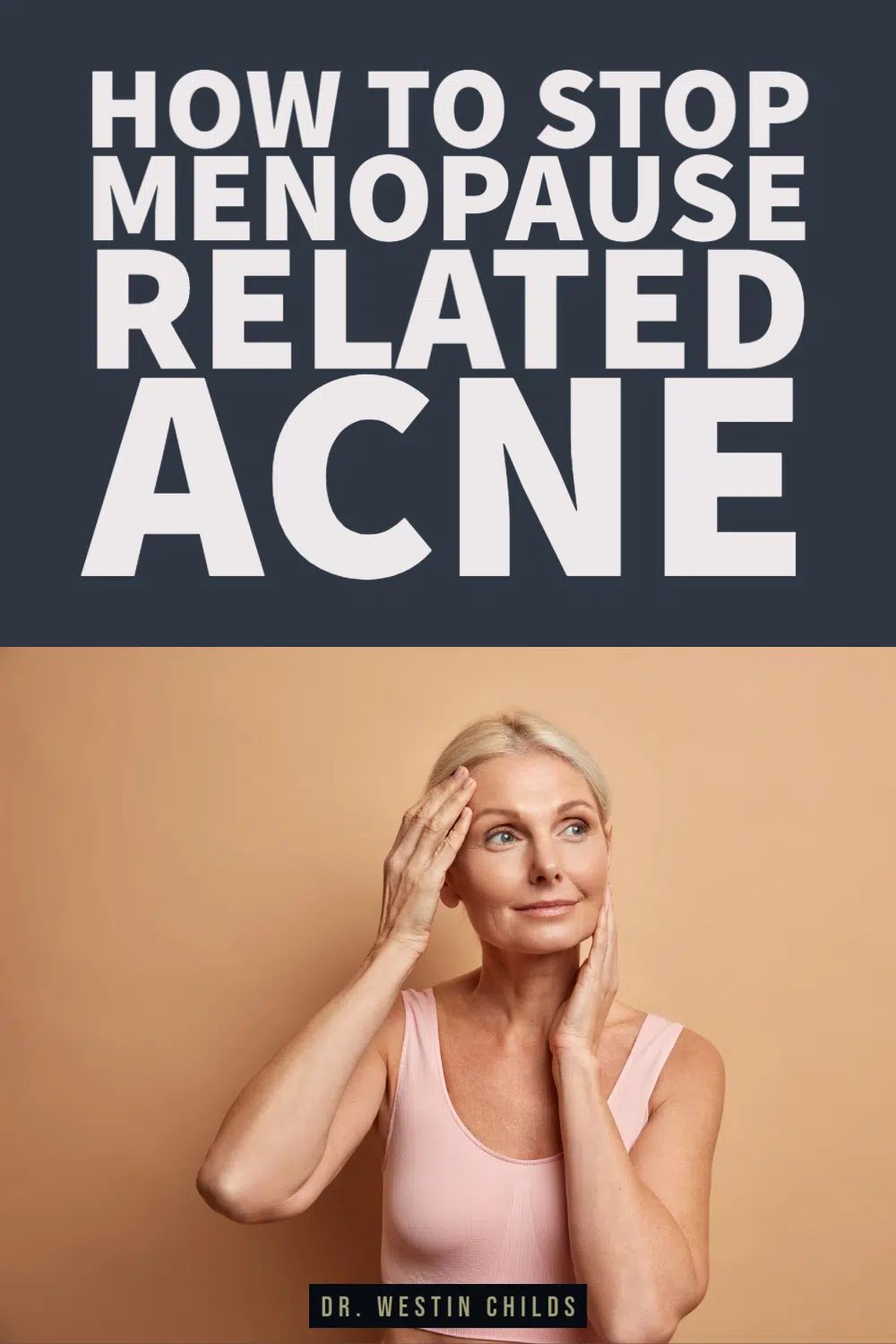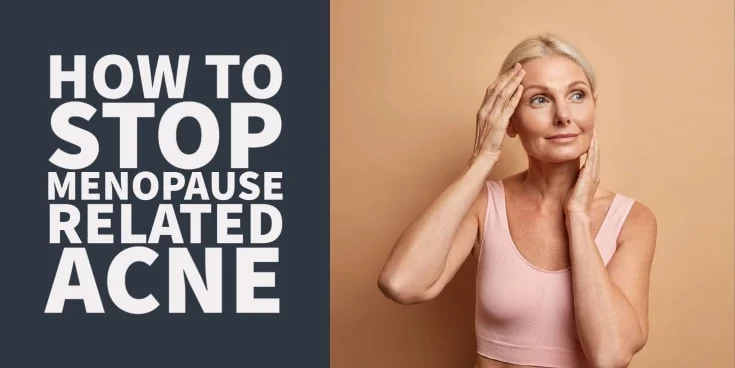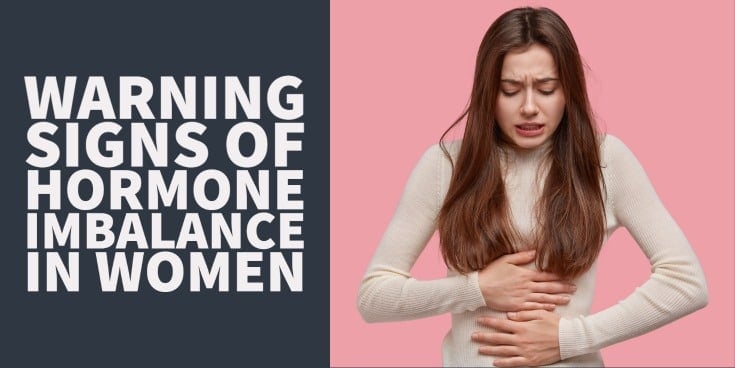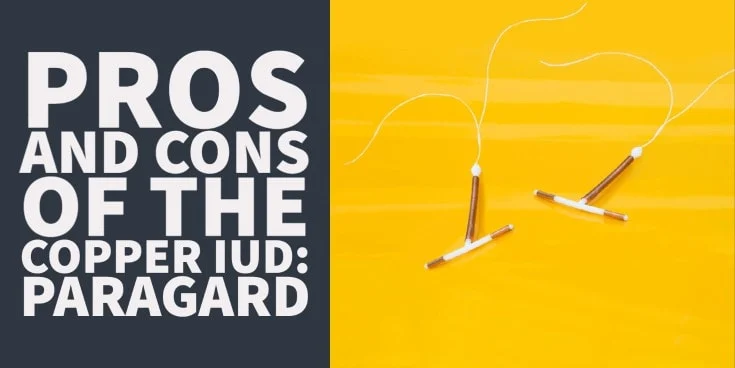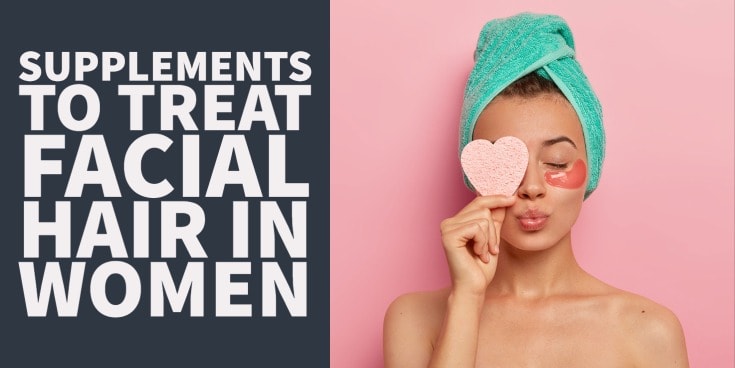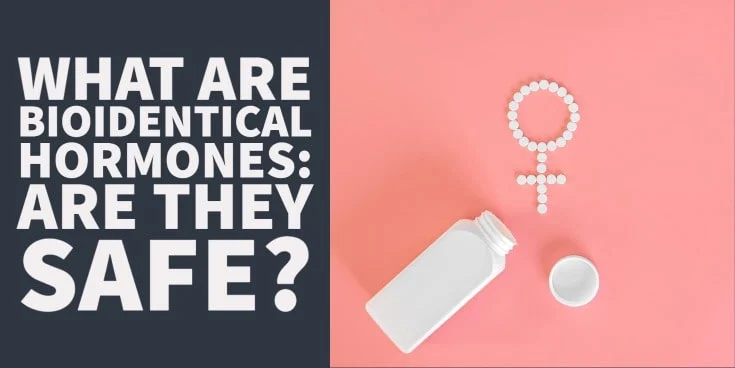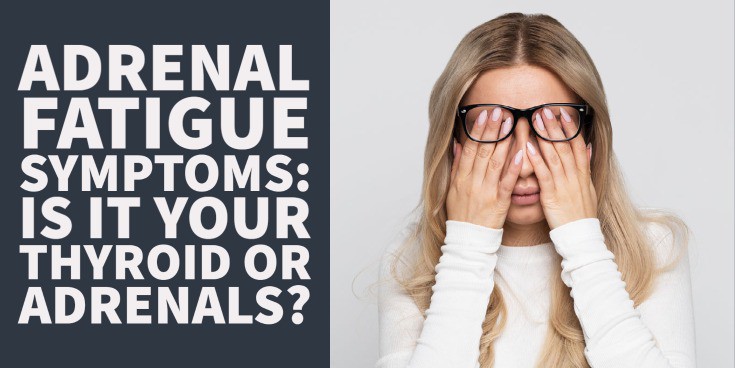Are you in menopause and suddenly dealing with acne?
Why is it that some women suffer from acne when they hit menopause but not before?
What causes this type of acne?
In this post we will discuss everything you need to know about menopause-related acne including what triggers it and how to treat it:
What Causes Acne in Menopause?
Studies have shown that acne is a condition that is becoming more and more common even among women as they age.
It’s no longer felt to be a disease/condition of adolescence or as boys and girls hit puberty.
But why does acne seem to rear its ugly head around menopause or after menopause?
Would it surprise you to know that most of the women who suffer from acne after menopause are women who never had issues with acne as they age?
To understand why this happens we need to have a short conversation about acne and about your hormones.
Acne is a condition that causes pimples and pustules on the surface of the skin, we both know that.
This logic is not something that most people even consider simply because you are constantly told that to cure acne you must put something on your skin.
One such condition is hormonal acne.
Hormonal acne is simply acne that comes and goes based on the hormones in your body.
Imbalances in hormones such as thyroid hormone, estrogen/progesterone, and testosterone can all lead to acne.
So how does hormonal acne connect to menopause?
Because menopause is the CAUSE of hormonal changes in your body.
Menopause by definition is when estrogen and progesterone levels drop and your body must learn to adapt to new levels of other hormones as well.
These hormone fluctuations can trigger the acne that you may be dealing with right now.
Types & Patterns of Hormonal Acne
Menopause is a time of change for your estrogen and progesterone levels but it’s also a time of change for other hormones such as testosterone.
What this means is that as a menopausal woman, you may suffer from acne from different types of hormone imbalances.
There isn’t necessarily a “one size fits all” acne treatment approach for all menopausal women (though we will talk about treatments in just a minute).
This type of hormonal acne also tends to be “treatment resistant” to standard therapies (3).
Probably because the standard therapies tend to involve the use of topical ointments, gels, and creams.
And we already know that these creams and gels will do nothing for your hormones because hormone imbalance is not a problem that can be solved with this type of therapy.
What are you supposed to do then?
The first step is to identify the type of acne that you are struggling with.
Different types of hormonal acne tend to have different patterns with which they come and go (or stay).
In addition, you may need to order some standard lab tests to determine what issues you are dealing with.
By using the list below you can get a better idea as to what type of hormone imbalance is causing your acne:
- Episodic acne (acne that comes and goes) – Acne that comes and goes may be triggered by the foods that you eat, fluctuates in hormones (especially common in perimenopause), and gels/lotions/creams that you may be using to try and treat acne.
- Acne on the chin – Acne on the chin may be caused by an increase in androgens or testosterone. Some women seem to be sensitive to this type of acne after menopause.
- Acne on the forehead – Acne on the forehead may be caused by stress or changes to estrogen/progesterone. This distribution may be common among women with postmenopausal acne.
- Painful cystic acne – Cystic acne may be caused by issues related to DHEA, thyroid hormone, insulin resistance, or testosterone. This type of acne is often very painful.
- Acne associated with stress & lack of sleep – This type of acne may be related to fluctuations in cortisol and your body’s ability to tolerate stress.
Just remember:
This isn’t a perfect list but it can be used as a rough guide.
Treating Acne in Menopause
There are two main ways that you want to address acne in menopause.
The first is to address issues on the INSIDE of your body.
This may include: balancing out your gut health, taking certain hormones, taking supplements, using probiotics, and so on.
In many cases, it may be enough to address these issues to cure your acne.
But I always recommend that you combine these therapies with therapies that you apply directly to your skin (or address issues from the outside).
The reason I like this dual approach is that it tends to work better and more efficiently than using just one therapy.
In addition, this type of regimen can also improve the overall quality of your skin by addressing your complexion, wrinkles, and so on.
#1. Treating Acne from the Inside
+ Hormonal Replacement Therapy
The decline in estrogen and progesterone in menopause may be enough to trigger a cascade of events that lead to hormonal acne in many postmenopausal women.
Sometimes, treating this condition may be completely resolved with the use of HRT.
Using estrogen can help increase SHBG which can reduce the amount of circulating testosterone.
Using progesterone can help inhibit 5-a-reductase which can reduce the conversion of testosterone to DHT.
HRT is the application of bio-identical hormones such as progesterone and estradiol to the skin with the goal to restore your hormones back to their normal levels.
+ Excess Androgens (Testosterone)
Both men and women have testosterone and it affects both of them differently.
These adrenal androgens can be metabolized into DHT or other potent androgens which may trigger acne.
Treating acne from excess androgens can be accomplished by helping your body metabolize or get rid of these hormones.
Supplements such as Zinc or saw palmetto can help your body eliminate testosterone and may reduce your acne.
If you suffer from high DHEA or high testosterone then you may want to avoid testosterone replacement therapy.
+ Poor Gut Health
Disruption of the bacteria in your intestines can also trigger acne (6).
Hormones such as estrogen and progesterone may alter the kinetics of your bowels.
This means that after menopause, when these hormones decline, your GI tract may change as well.
You’ll know if you have this problem because it typically is associated with gas, bloating, constipation/diarrhea, or acid reflux.
+ Thyroid hormones
Certain thyroid conditions, such as hypothyroidism, may result in cystic acne and other issues with your skin.
There is a known bi-directional relationship between reproductive hormones and thyroid hormones (7).
What this means is that changes in thyroid hormone can alter estrogen/progesterone levels and vice versa.
We know that menopause results in changes to estrogen and progesterone which may trigger thyroid dysfunction (such as sluggish thyroid).
You can identify if your acne is related to your thyroid with some simple thyroid lab tests.
If that is the case then you may need treatment with thyroid hormones to improve your acne.
#2. Treating Acne from the Outside (Creams, Gels & Serums)
+ Topical Tretinoin/Retinol Serum
One of the most standard therapies for treating acne is the use of Vitamin A (8).
Vitamin A is often formulated in the prescription medication known as tretinoin but it is also available over the counter as Retinol serum.
Tretinoin is more of a band-aid type of therapy but it can be very useful when combined with the hormonal treatments listed above.
Vitamin A has also been shown to be one of the only therapies to reduce fine lines and wrinkles in the skin making it a potentially great therapy for older women (9).
Even though it may not be a great therapy on its own I still recommend a trial run for menopausal women because of these other benefits.
+ Vitamin C Serum
Vitamin C is another amazing nutrient for the skin.
Studies have shown that Vitamin C can improve your complexion, treat acne and even slow down the aging process.
The problem with Vitamin C is that it is not well absorbed if taken orally.
This can be solved by using vitamin C serums which can directly penetrate the skin.
I don’t like using many creams and lotions if they can be avoided but high-quality vitamin A and vitamin C, when directly applied to the skin, can provide major benefits in helping treat acne.
+ Microneedling
Microneedling is not a cream, gel, or lotion but a therapy (10).
Microneedling is a small, relatively painless, procedure that pokes tiny holes into your skin with the goal of initiating a powerful healing response.
The damage to the skin results in the release of growth factors which can help treat acne, tighten the skin and help reduce wrinkles.
Microneedling should be used cautiously if you have active breakouts, but if you don’t have many it can be used to treat and slow down acne.
Combining these therapies can be an effective way to not only treat your acne but to slow down the aging process.
Conventional Therapies to Consider
The therapies I’ve listed are my preferred ways to treat acne in menopausal women, but they are not exactly in alignment with what a dermatologist or ob/gyn might recommend.
I find much better results by addressing hormone imbalances, but it’s important for you to understand all potential therapies available.
For completeness’ sake, I’ve included some of the “conventional” therapies that doctors may recommend in menopause.
#1. Tretinoin
We do agree that tretinoin can be effective for the reasons I’ve listed above, but it should never be used alone.
Why?
Because tretinoin will not solve the hormone imbalances in your body by itself.
#2. Birth control medication
In general, birth control medication is not recommended in women over the age of 35, but occasionally it will be used to treat acne in menopause (and some other conditions).
The idea of using birth control has roots in the right place, but the therapy fails because it delivers high doses of synthetic hormones.
Bio-identical HRT is superior to birth control because it can be easily titrated and adjusted to the individual.
Compare this to birth control medications which come in standard pills.
In addition, birth control medications contain synthetic variants of your hormones while bio-identical HRT contains exact replicas of your natural hormones.
#3. Oral antibiotics & Topical antibiotics
Lastly, oral and topical antibiotics may be recommended to treat acne in menopausal women.
This type of therapy stems from the idea that acne is caused by a certain bacteria known as p. acnes.
But does this actually make sense?
Do you think this bacteria happened to pop out to cause acne in your skin the moment you hit menopause?
Or is it more likely that your acne is the result of hormonal changes and those changes are driving your acne?
I think the latter, but I will let you decide.
When possible try to avoid antibiotics to treat acne or at least use them as a last resort.
Conclusion
No one wants to deal with acne, but it is a problem that may surface after menopause in certain women.
The good news is that there is a way to treat and prevent acne from impacting your life if you are one of the unlucky women to suffer from this condition.
The key to treating acne in postmenopausal women is to focus on hormone management and to combine this approach with specific serums and gels such as Vitamin A and Vitamin C.
This combined therapy should lead to improvement in most women.
If possible, it may be wise to avoid conventional therapies such as birth control pills and antibiotics as these may not treat the true root cause of your acne.
Now I want to hear from you:
Are you suffering from acne in menopause?
What treatments have you used?
What has worked? What hasn’t?
Leave your comments below!
